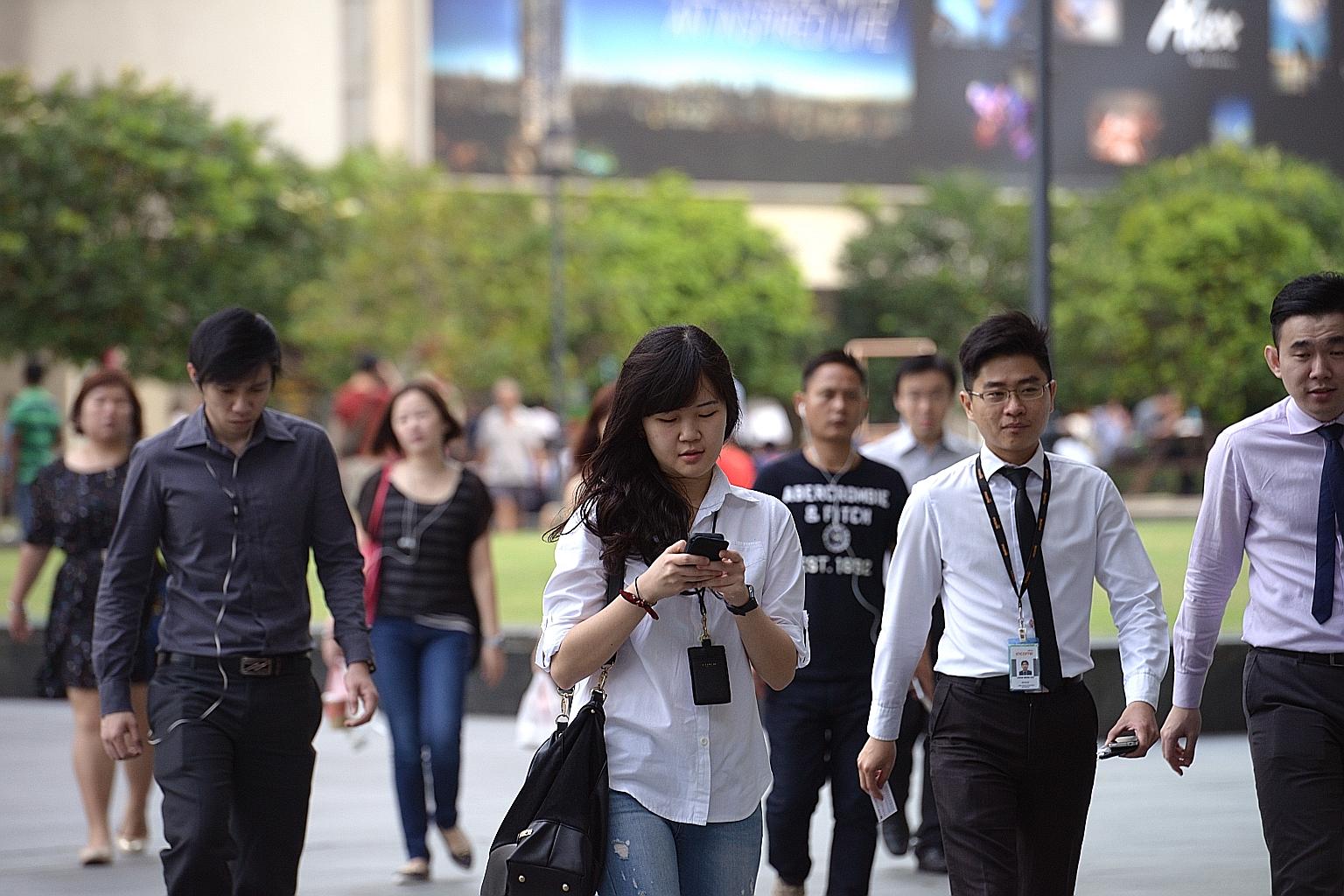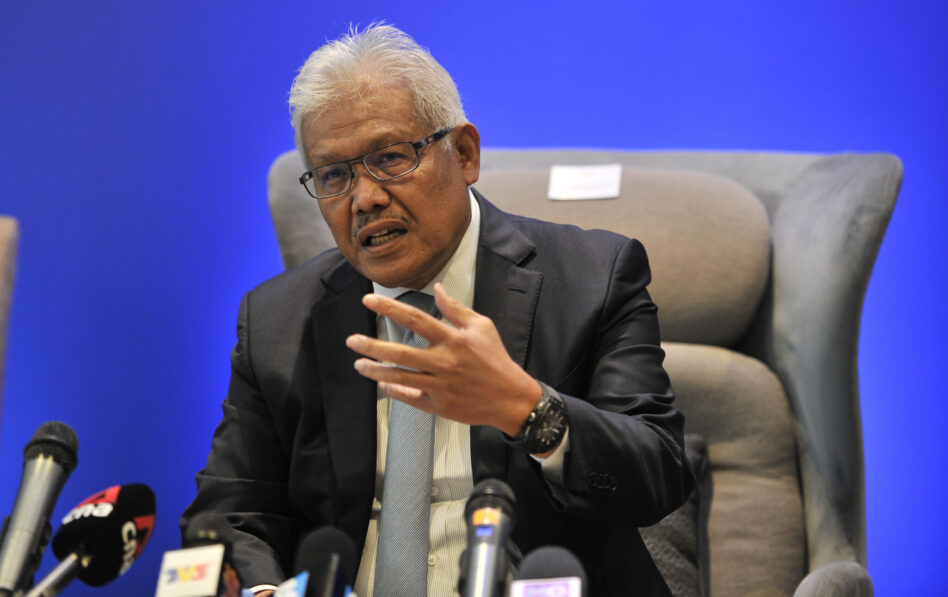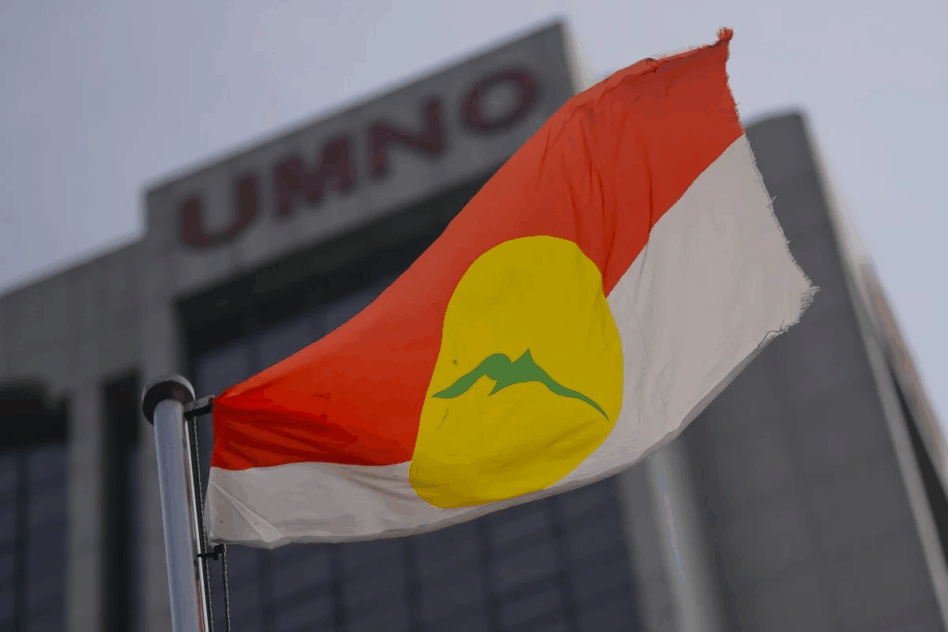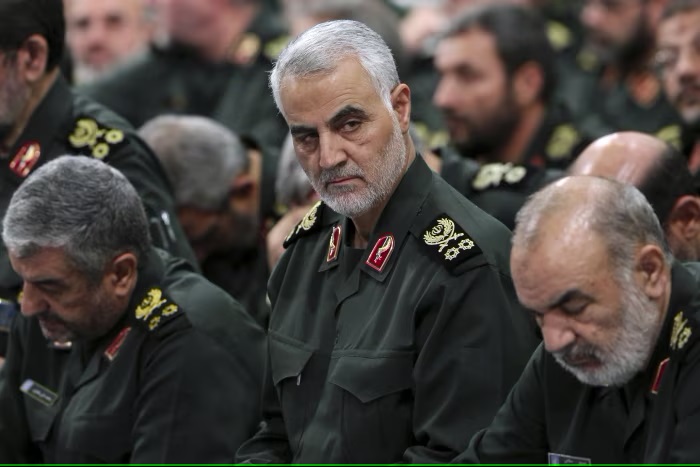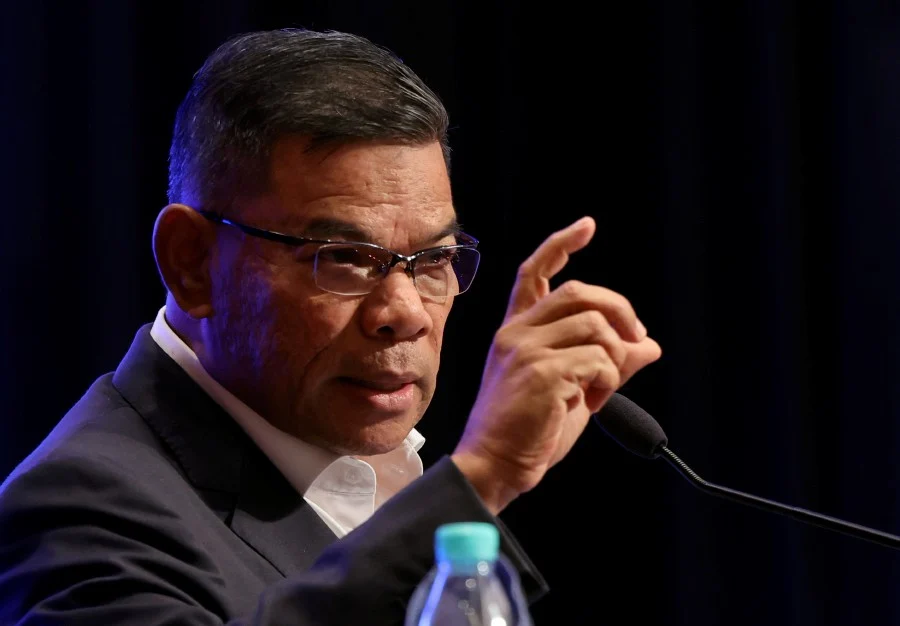THE government’s handling of the T15 classification, aimed at the wealthiest 15% of households, has sparked widespread concern.
The policy’s rollout, marked by an “announce first, amend late” approach, highlights a lack of preparedness in policy-making.
Former finance minister Lim Guan Eng defended Prime Minister Datuk Seri Anwar Ibrahim’s budget, dismissing claims that resembles a “Robin Hood” plan, where the rich are taxed to benefit the poor.
He argued that Anwar’s remarks about the “ultra-rich” were taken out of context. However, this defence falls short, especially when it comes to clarifying the criteria for the T15 classification.
While the government seeks greater contributions from the wealthy, the lack of clear guidelines on who constitutes the “ultra-rich” is troubling.
Deciding on a large sum figure and classifying citizens into the T15 group without proper analysis is unfair. Household income alone cannot be the sole factor in determining whether a family belongs to the T15.
There are other aspects to consider, such as housing payments, children’s education, elderly care, health circumstances, and more.
Without detailed criteria and a systematic evaluation process, there’s a risk that families who might benefit from subsidies are excluded, further straining their financial situation.
This situation mirrors the failures of the central database hub (PADU) project, previously led by Economic Minister Rafizi Ramli, which was supposed to streamline government aid and resource distribution.
PADU was plagued by incomplete data, frequent system malfunctions, and delayed updates. The government seems to be repeating the same mistakes by rushing through the T15 classification without fully considering its impact.
Lim’s call for unity in defending this Budget also feels disconnected from the reality of flawed policy implementation.
Unity cannot be promoted when policies risk alienating those who need support; while giving benefits to those that don’t deserve them at the very same time.
The focus on helping 85% of the citizens that do not fall into the ‘rich’ group is commendable, but it is crucial for us to remember the different circumstances that may befall and individual in need – even if they are in the T15 group.
Ultimately, the government must learn from past missteps. Policy-making should prioritise diligence, transparency, and fairness, not haste and ambiguity.
Lim’s defence fails to address these core issues, and if we truly want to benefit all citizens, we must do better. – Oct 24, 2024
Datuk Seri Wee Jeck Seng is the MCA vice president and Tanjung Piai MP.
The views expressed are solely of the author and do not necessarily reflect those of Focus Malaysia.


